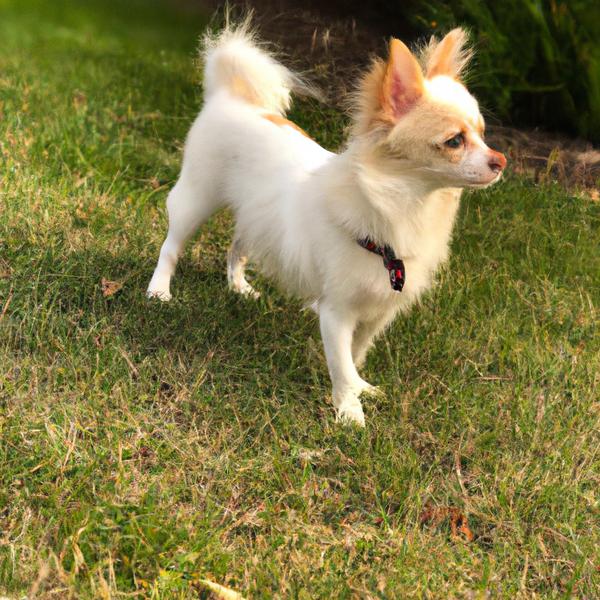Eskimo Chi vs. Basenji: Breed Differences and Similarities
Hypoallergenic
Are Eskimo Chis or Basenjis hypoallergenic, or neither?
Unfortunately, neither Eskimo Chi nor Basenji are hypoallergenic, which may not make them the best choice for dog lovers who suffer from pet allergies.
Temperament
What are the personalities of Eskimo Chi and Basenji dogs?
Independent
Energetic
Protective
Alert
Courageous
Intelligent
Friendly
Quick
Devoted
Lively
Affectionate
Curious
Playful
Alert
Energetic
Intelligent
Shedding Level
Do Eskimo Chis shed more than Basenjis, or which breed sheds more, Eskimo Chis or Basenjis?
Eskimo Chis are moderate shedders, but regular brushing can reduce shedding and maintain coat health.
Basenjis shed very little hair, making them a great choice for those who dislike excess hair in the house.
Origin
What is the origin of Eskimo Chi and Basenji dog breeds?
United States
Central Africa (Zaire and the Congo)
Ancestry
What are the origins of Eskimo Chi and Basenji breeds?
Chihuahua, American Eskimo
African Bush Dog
Date of Birth
When were Eskimo Chi and Basenji breeds first developed?
Unknown
Ancient
Eye Color Possibilites
What are the eye colors of Eskimo Chi and Basenji dogs?
Brown
Hazel
Brown
Amber
Nose Color Possibilites
What are the natural nose colors of Eskimo Chi and Basenji?
Black
Black
Brown
Coat Color Possibilites
What are the natural colors of the coat for Eskimo Chi and Basenji breeds?
White
Brindle
White
Black
Brindle
Red
Coat Length
What is the typical coat length for Eskimo Chi and Basenji breeds?
Eskimo Chis have coats that can be either short or medium in length.
Basenjis have short coats.
Coat Density
What is the density of the coat of Eskimo Chi and Basenji?
Coat Texture
What is the hair texture of Eskimo Chi and Basenji?
Straight
Litter Size
What is the usual litter size for Eskimo Chi and Basenji?
An Eskimo Chi can have a litter of 4-6 puppies on average. However, it's worth noting that the size of the litters can vary greatly. Factors that can influence litter size include the health of the mother, breeding history, and genetics.
A Basenji can have a litter of 10-12 puppies on average. However, it's worth noting that the size of the litters can vary greatly. Factors that can influence litter size include the health of the mother, breeding history, and genetics.
Adaptability
Eskimo Chis are known for their adaptability and can adjust well to different environments and lifestyle changes.
Basenjis have average adaptability to changes in lifestyle and living environments compared to other breeds.
Health Issues
Between Eskimo Chi and Basenji, which breed is more prone to health problems?
Eskimo Chis typically have low vet costs due to their good health, but it's important to monitor their health and seek vet care when necessary.
While the Basenji breed is generally healthy, occasional vet check-ups are still necessary to address any health concerns.
Major Concerns
What are the major health concerns for Eskimo Chi and Basenji breeds?
Patellar Luxation
PK
PRA
Fanconi Syndrome
Basenji Enteropathy
Minor Concerns
What minor health issues should be kept in mind when owning Eskimo Chi and Basenji?
Demodicosis
Pulmonic Stenosis
Progressive Retinal Atrophy
Glaucoma
Hydrocephalus
Eye Problems
Mitral Valve Disease
Patent Ductus Arteriosus
Alopecia
Corneal Dystrophy
Cryptorchidism
Persistent Pupillary Membranes (PPM)
Pyruvate Kinase (PK) Deficiency
Occasional Tests
What occasional tests are recommended for Eskimo Chi and Basenji breeds?
Dna Test For Pk
Physical Examination
Eye Examinations
Blood Work
Eye
Dna Test For Pk
Fanconi Urine Test
Full Body Physical Examination
Social Needs
Eskimo Chi vs Basenji social needs comparison
Eskimo Chi has very high social needs and requires regular mental and physical stimulation, a job or purpose, and companionship.
Basenji has below average social needs and is content with spending time alone.
Sleeping Need
Which of the two sleeps the most/least: Eskimo Chi or Basenji?
Eskimo Chis sleep less than other breeds but still need adequate sleep for good health.
Basenjis are active and require sufficient sleep to stay healthy.
Mouthiness
Mouthiness Comparison: Eskimo Chi vs Basenji?
Roaming urge
Eskimo Chi vs Labrador: Running away tendency?
Prey Drive
Eskimo Chi or Basenji - which breed has a higher level of prey drive?
Past times
What are some enjoyable activities and ways to keep Eskimo Chi and Basenji entertained?
Fetch, Tug-of-war, Play, Walk, Cuddle, Playing tag, Walks, Playing, Stuff Toys, Grooming
Shake, Running, Sniffing, Cuddling, Destroying toys, Marking, Run, Play with Toys, Dog Parks, Walk, Being pet, Fetch, Smelling, Out, Catch treats, Play keep away, Play, Chase, Tracking, Eating Snacks, Walking, Mischif, Hiking, Lounging, Mountain biking, Off-leash, Fetch-ish, Trail running, Long hikes
Activity Level
Which breed has higher energy, Eskimo Chis or Basenjis?
Eskimo Chis are medium-energy dogs and typically enjoy socializing and playing casual or even sustained games of chase with other dogs. They may also have occasional periods of barking or racing around the house.
Basenjis are high-energy dogs. They need mental as well as physical exercise. These dogs require a lot of your involvement and without it they can, and will, become problematic dogs.
Tolerance of being left alone
Walks per Week
How many miles should Eskimo Chi or Basenji walk each week?
There's really no limit to how far you walk your dog as long as they're comfortable. For Eskimo Chi, it's at least 7 miles / week. Just remember to build distance and stamina gradually over time.
There's really no limit to how far you walk your dog as long as they're comfortable. For Basenji, it's at least 15 miles / week. Just remember to build distance and stamina gradually over time.
Activity per Day
Do Eskimo Chis or Basenjis require more exercise?
In general most Eskimo Chis usually need at least 30 minutes of exercise daily. This can be spread across the day and include all sorts of high-energy activities, like walking, running and playing.
In general most Basenjis usually need at least 90 minutes of exercise daily. This can be spread across the day and include all sorts of high-energy activities, like walking, running and playing.
Grooming
Which breed is easier to maintain in terms of grooming, Eskimo Chis or Basenjis?
The Eskimo Chi has low grooming needs and is easy to maintain.
The Basenji is a low-maintenance breed that doesn't require much grooming.
Brushing Frequency
What is the recommended brushing frequency for Eskimo Chi and Basenji dogs?
Eskimo Chi and Basenji should be brushed at least once a week. Of course, you can give them more frequent brushes if you find that they are still shedding a lot.
Brushing Tools
What brushing tools are used for Eskimo Chis and Basenjis?
Pin Brush
Slicker Brush
Nail Clipper
Slicker Brush
Deshedder
Nail Clipper
Cups
How much food should be given to Eskimo Chi or Basenji in cups?
For an average 6-20 pound (3 - 9 kg) Eskimo Chi feed 1 cups daily. But, keep in mind, the amount you feed is going to be dependent on the quality of the food you are feeding.
For an average 22-26 pound (10 - 12 kg) Basenji feed 2.5 cups daily. But, keep in mind, the amount you feed is going to be dependent on the quality of the food you are feeding.
Daily Cost
Which breed has a higher daily cost, Eskimo Chi or Basenji?
The average cost of an Eskimo Chi is somewhere $1.10 - $1.40 per day.
The average cost of a Basenji is somewhere $1.70 - $2.00 per day.
Monthly Cost
Which breed has a higher monthly cost, Eskimo Chi or Basenji?
The average per month expenses of an Eskimo Chi is between $35 - $42. This makes an average of $420 - $504 per year. It will be on the higher side when the dog is still small because it will need more frequent visits to the vet, shots.
The average per month expenses of a Basenji is between $48 - $63. This makes an average of $576 - $756 per year. It will be on the higher side when the dog is still small because it will need more frequent visits to the vet, shots.
Sensitivity Level
How do Eskimo Chi and Basenji compare in sensitivity?
This breed is sensitive to its environment and best suited for patient and understanding families with a consistent routine.
Basenjis have average emotions and adapt well to different situations.
Apartment Friendly
Which breed is more apartment-friendly: Eskimo Chi or Basenji?
Eskimo Chis make excellent apartment dogs, being fairly active indoors and not requiring a yard.
Basenjis can do well in apartments with enough exercise and time outside, but a small yard would be ideal.
Child Friendly
Do Eskimo Chis or Basenjis have a friendlier temperament towards children?
Eskimo Chis have an average level of friendliness towards children.
Basenjis are good with kids if socialized and trained from a young age.
Senior-friendly
Which dog is more suitable as a pet for the elderly - Eskimo Chi or Basenji?
Cat Friendly
Do Eskimo Chi or Basenji breeds have a better compatibility with cats?
Eskimo Chis are good with cats, but early training is needed to prevent chasing behavior.
Basenjis are somewhat cat friendly and can be trained to get along with cats.
Dog Friendly
Which breed is more sociable with other dogs: Eskimo Chi or Basenji?
Eskimo Chis are friendly and active companions, and can be good family pets, though their friendliness towards other dogs may vary.
Basenjis are less friendly towards other dogs, but can improve with socialization.
Pet friendly
How do Eskimo Chi or Basenji dogs interact with other pets?
Stranger Friendly
Which breed is more friendly with strangers: Eskimo Chi or Basenji?
Eskimo Chis are averagely friendly around strangers but benefit from early socialisation.
Basenjis are quick to announce strangers and can be standoffish or suspicious.
Playfulness
Which breed is more playful between Eskimo Chi and Basenji?
Eskimo Chis are a playful breed that needs daily playtime to be happy.
Basenjis have an average level of playfulness, enjoying playtime like most dogs but not excessively so.
Trainability
How do the trainability levels of Eskimo Chis and Basenjis compare?
Eskimo Chi and Basenji dogs are known for their ease of training and ability to learn quickly, making them a popular choice for pet owners and trainers alike.
Compare Eskimo Chi with other breeds
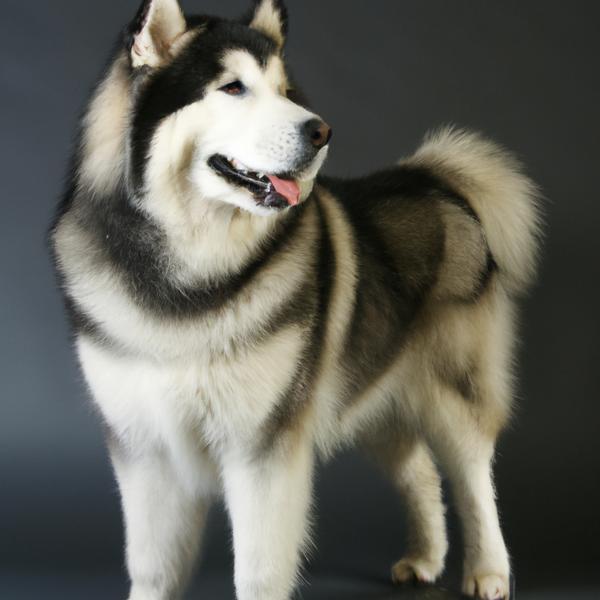
Sibercaan
Eskimo Chi vs Sibercaan
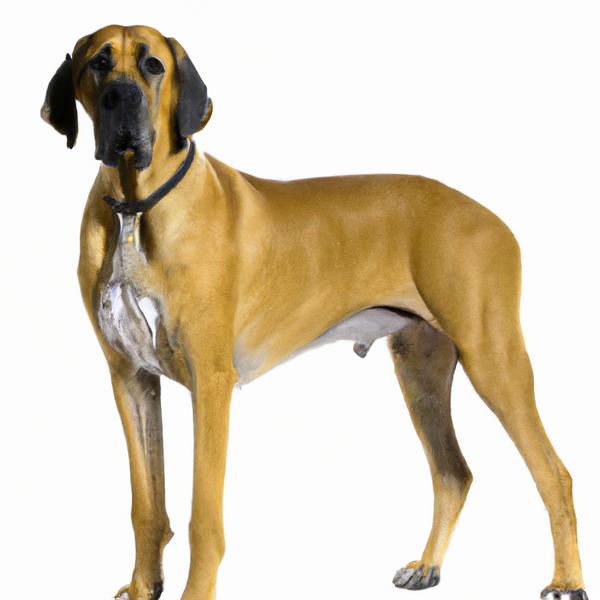
Great Golden Dane
Eskimo Chi vs Great Golden Dane
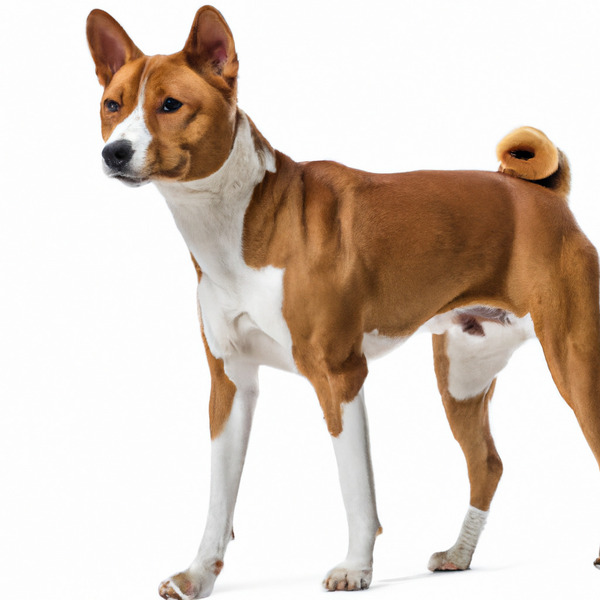
Basenji
Eskimo Chi vs Basenji
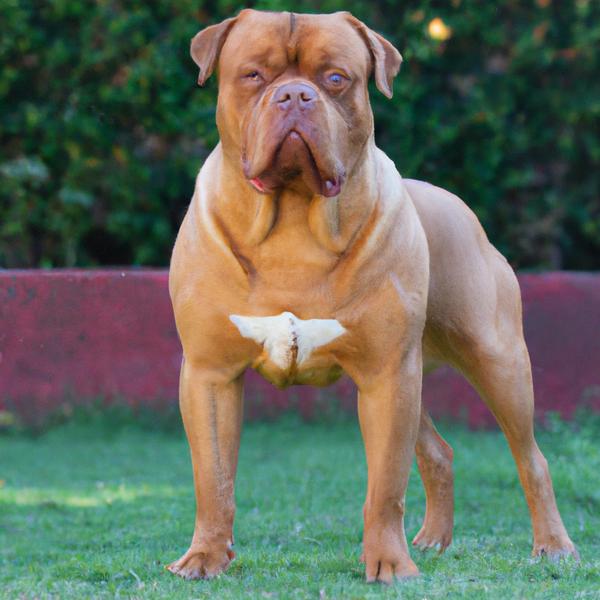
Bully Bordeaux
Eskimo Chi vs Bully Bordeaux
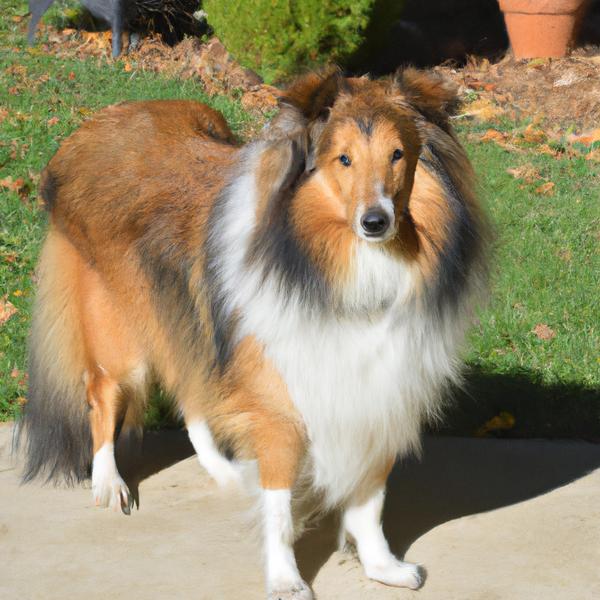
Gordon Sheltie
Eskimo Chi vs Gordon Sheltie
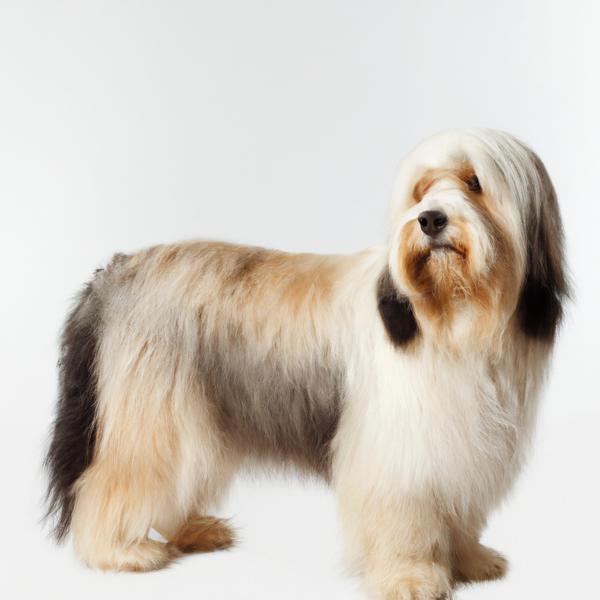
Hava-Welsh
Eskimo Chi vs Hava-Welsh
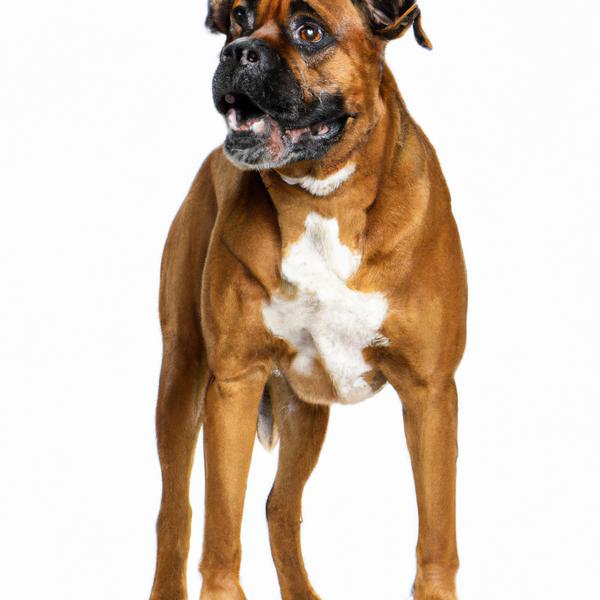
Bull-Boxer
Eskimo Chi vs Bull-Boxer
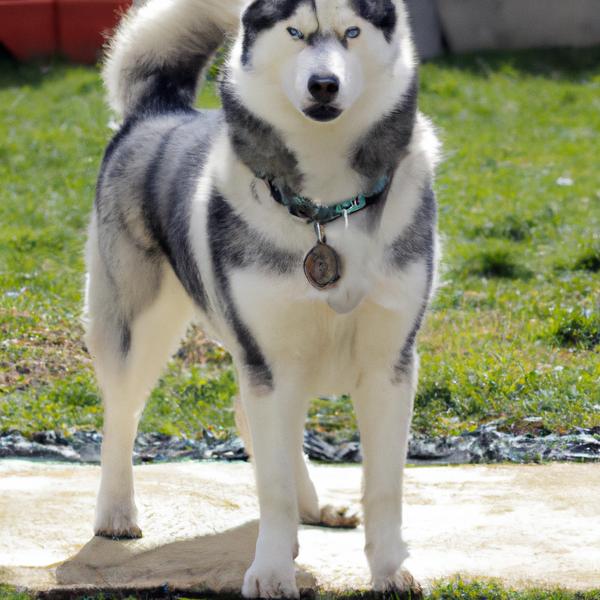
Ausky
Eskimo Chi vs Ausky
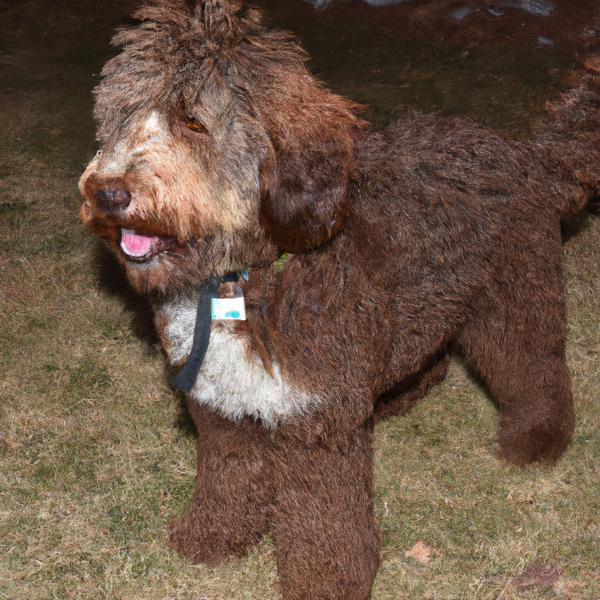
Tervoodle
Eskimo Chi vs Tervoodle
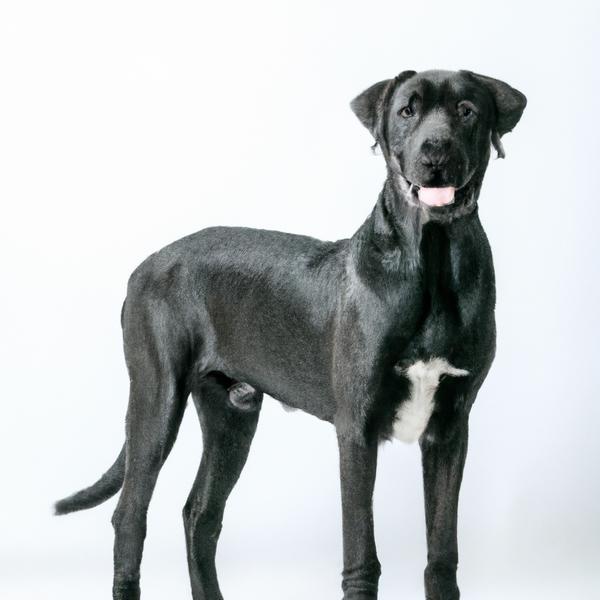
Bouvador
Eskimo Chi vs Bouvador

Hush Basset
Eskimo Chi vs Hush Basset
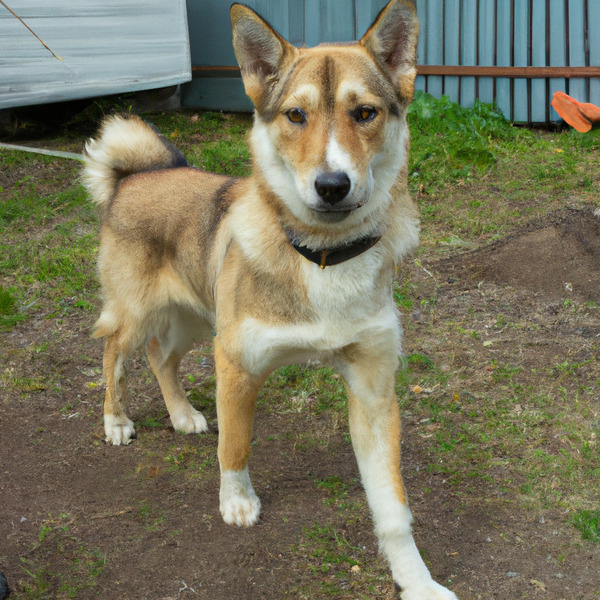
East Siberian Laika
Eskimo Chi vs East Siberian Laika
